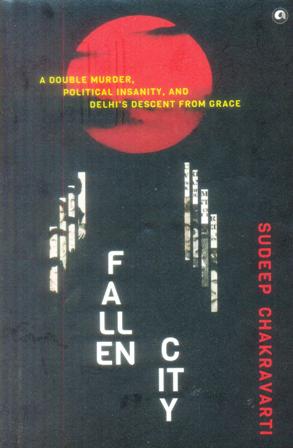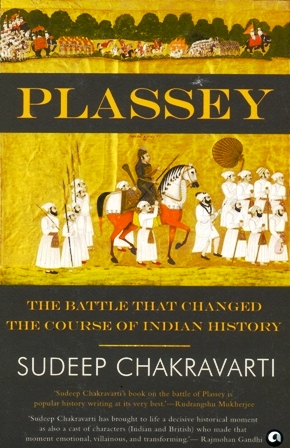-
Fallen City
In late August 1978, Geeta and Sanjay Chopra stepped out of their home in a quiet neighbourhood in Delhi. Geeta had to record a programme at All India Radio. Her younger brother Sanjay accompanied her. The two teenagers disappeared. Four days later, their disfigured bodies would be found by cowherds in a deserted corner of the Ridge, a thickly forested area on the western outskirts of the city. The brutal killing of the children traumatized the city and transfixed the nation. The prime minister had to answer questions about the crime in parliament and police forces in numerous states were mobilized to hunt down the killers. In this first full-length book about the murder and its aftermath, bestselling author and journalist Sudeep Chakravarti, a longtime resident of New Delhi, remembers the horrific crime using eyewitness accounts, archival research, court records, and original interviews that shed fresh light on the tragedy. The murder of Geeta and Sanjay Chopra took place during an exceptionally unsettled phase in the history of the Indian capital in modern times. Just a few years earlier, in the mid-1970s, Indira Gandhi’s Emergency had terrorized many sections of the population, and just a few years later, in 1984, the city would be convulsed again by a pogrom against Sikhs following the assassination of Indira. Against this background of blood and vengeance, the author’s exploration of the murder of the Chopra siblings, the hunt for their killers, and the sadness and trauma of those grim days will take the reader on a compelling and unputdownable journey through the darkness that settled on Delhi.
-
Plassey The Battle that Changed the Course Of Indi
The Battle of Plassey, fought on 23 June 1757, changed the course of Indian history forever. When the short, sharp hostilities between the forces of the nawab of Bengal, Siraj-ud-daulah, and East India Company troops led by Robert Clive, an ambitious soldier of fortune, ended, Britain was on its way to becoming the dominant force in the region. The eighteenth century was a time of great political churn in the subcontinent. After the death of Emperor Aurangzeb, the Mughal empire began to slowly fracture. In the east, the nawabs of Bengal, who ruled in the name of the Mughals, took the opportunity to break free. By the middle of the century, Siraj-ud-daulah succeeded his grandfather, Alivardi Khan, to the throne of Bengal. The young nawab clashed frequently with the Company as it looked to aggressively expand and safeguard its interests. Their skirmishes led inexorably to Plassey, a decisive battle in a mango orchard by the banks of the Bhagirathi-Hugli. But what was Plassey all about, besides a young nawab who stood in the way of a company’s business plans and a country’s dreams of conquest? Was it really a battle or was it won before it began? What were the politics of the time that permitted Plassey? Why did the British so desperately want Bengal? Who were the faces beyond a callow Siraj and a crafty Clive, the two main combatants? What are the stories behind the spurned general, the ambitious and hateful aunt, the rude and covetous cousin, the insulted banker, the grasping merchant? And how was—is—Plassey seen? By the victors and the vanquished? The colonizer and the colonized? Why does Plassey remain such a fascinating story even today? Using multilingual sources and a multidisciplinary approach, Sudeep Chakravarti answers all these questions and a myriad others with great insight and nuance. Impeccably researched and brilliantly told, Plassey is the best account yet of one of the turning points in Indian history.


